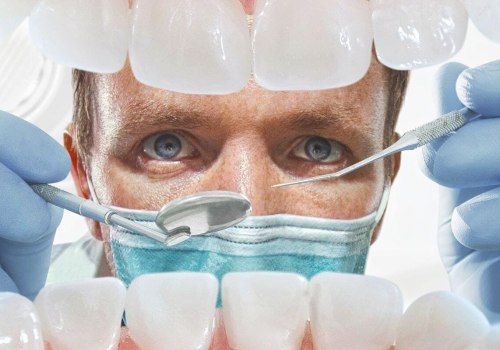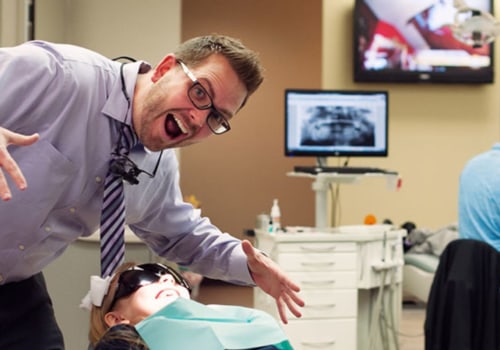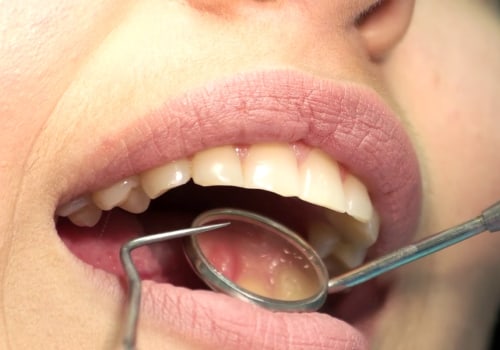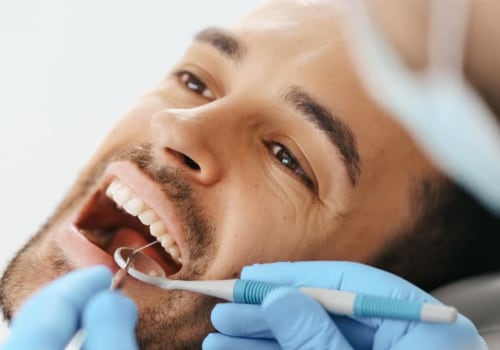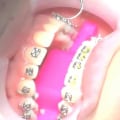Dentistry is a medical specialty that focuses on the teeth, gums, and mouth. It involves the study, diagnosis, prevention, management, and treatment of diseases, disorders, and conditions of the oral cavity. Dentists diagnose, treat, prevent, and control disorders of the teeth and mouth. They work in private offices or may be employed in hospitals, clinics, public health centers, or universities.
Becoming a dentist requires completing a DDS or DMD degree from a dental program accredited by the Commission on Dental Accreditation (CODA). Most dentists enjoy the independence and flexibility that comes with setting up private practices on their own or in groups. Other practices relevant to evidence-based dentistry are oral radiology to inspect for tooth deformity or oral discomfort, hematology (study of blood) to avoid bleeding complications during dental surgery, cardiology (due to various serious complications resulting from dental surgery in patients with heart disease), etc. Dentists wear masks, gloves and safety goggles to protect themselves and their patients from infectious diseases. They use a variety of equipment, including X-ray machines, drills, mouthpieces, probes, forceps, brushes, and scalpels.
It's part of a broader movement toward evidence-based medicine and other evidence-based practices. Dentists should pay attention to the shape and color of the teeth and the space between them. For example, they may need to closely match a false tooth to the patient's other teeth. They also prescribe medications such as antibiotics, sedatives, and any other medications that are used to treat the patient. Depending on their licensing boards, general dentists may need to complete additional training to perform sedation, dental implants, etc. Dentists typically need to complete five to eight years of post-secondary education before practicing.
They must be caring and compassionate as well as intelligent and competent. Dentists are constantly making creative decisions in developing and implementing treatment plans for their patients. Dentists can also perform examinations, radiographs (radiographs) and diagnostics. Most dental treatments are performed to prevent or treat the two most common oral diseases: tooth decay (tooth decay) and periodontal disease (gum disease or pyorrhea). The most common treatments include tooth restoration, surgical extraction or removal of teeth, root scraping and smoothing, endodontic root canal treatment, and cosmetic dentistry. Going to the dentist can be intimidating but the best dentist will do everything possible to make you feel comfortable.
Oral health is essential to the overall health of the body and a dentist will encourage and help their patients maintain a healthy mouth through regular cleanings and checkups.
